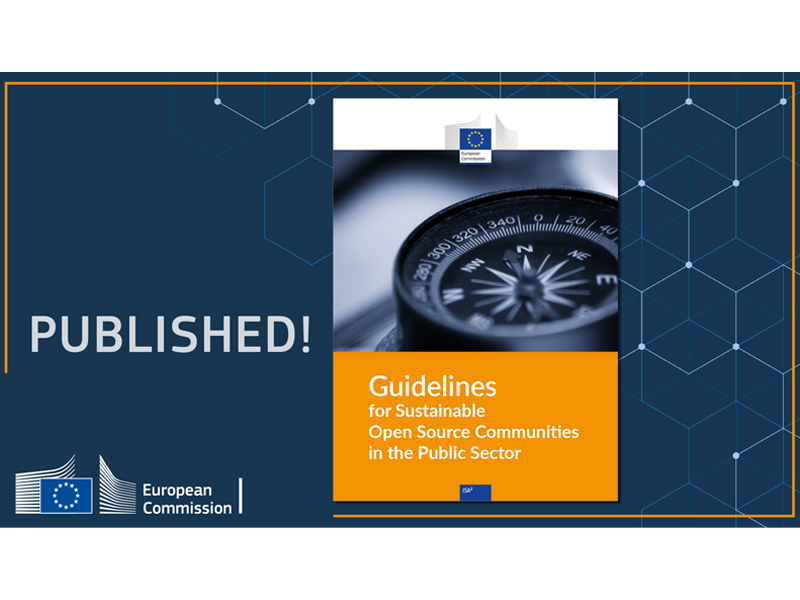From OSOR they detected that although there are more and more Open Source projects in the European public sector, the same does not happen with the communities that are created around them, which tend to disappear or are not even established.
After analyzing the keys to success of sustainable communities in this sector, they have drawn a series of conclusions that have been summarized in five premises that they recommend taking into account when creating a community related to an Open Source project: Have a clear governance structure, boost community vitality, consider software technology maturity, propose adoption incentives, and achieve sustainable funding.
Based on these premises, a series of guidelines have been developed that advise on the best way to apply these factors in the creation of Open Source communities in the public sector. One of the main approaches is that these administrations should be active members and contribute to the existing communities around this type of software.
The guidelines are grouped into three different sections:
-
Setting the foundation for sustainable Open Source engagements. Delves into how to carry out an action plan to assess the needs, capacities and ensure funding for public administrations seeking to get involved with Open Source software.
-
Join an existing community. Collects interesting tips on how to join an Open Source community, reuse the software, and contribute sustainably.
-
Build your own public sector Open Source community. It provides the questions to be considered to successfully create a sustainable community in this sector.
The promoters of these guidelines have consulted the community to take into account their opinions and experiences. They invite all users to send comments and improvement suggestions via [email protected]
The full document on the guidelines is available here.








0 Comments